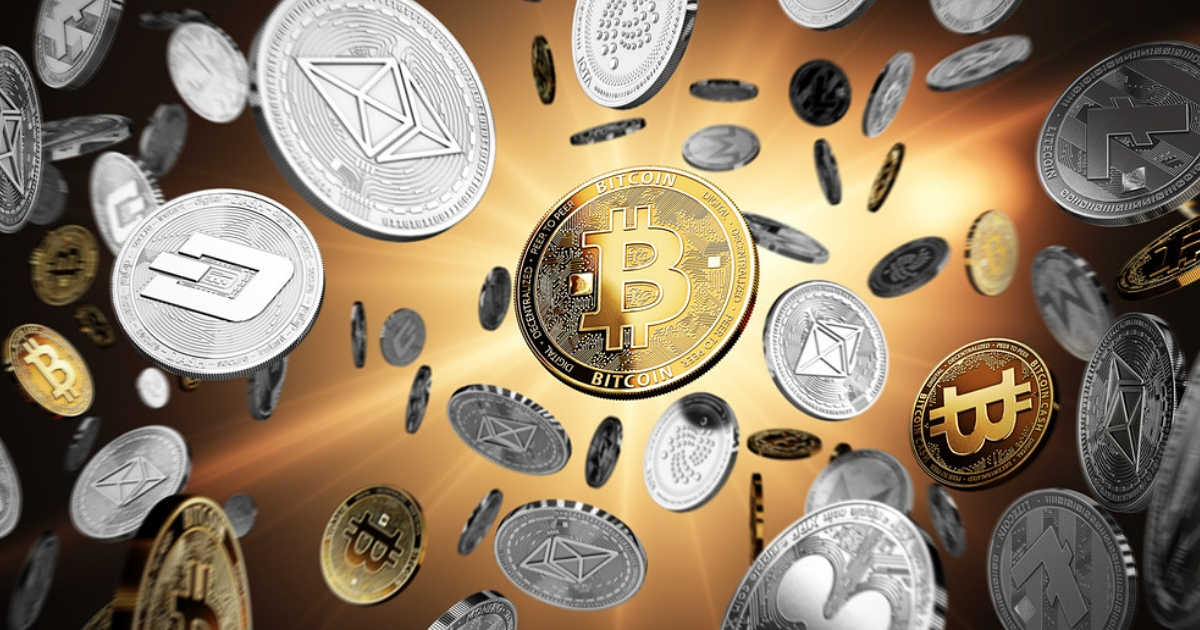What are Altcoins?
Alternative cryptocurrencies, also known as altcoins, are digital assets created to serve as an alternative to Bitcoin, the first and most famous cryptocurrency. Despite being the most recognized and widespread digital currency, Bitcoin is not the only option available. Currently, there are numerous altcoins with distinct features and attributes, offering investors a diverse range of digital assets to choose from. The first altcoin was Litecoin, forked from the Bitcoin blockchain in 2011.

The rise of altcoins began in 2011 with the launch of Litecoin, which was created as a faster and cheaper alternative to Bitcoin. Since then, hundreds of altcoins have been created, each with its unique features, use cases, and market niches. Some of the most popular altcoins today include Ethereum, Ripple, Bitcoin Cash, Dogecoin, and Cardano.
Why are Altcoins Important?
The primary advantage of altcoins over Bitcoin is that they often have different features and use cases. While Bitcoin is primarily used as a store of value and a medium of exchange, many altcoins serve more specific purposes. For example, Ethereum is a blockchain platform that enables developers to build decentralized applications (dApps) and smart contracts. Ripple, on the other hand, is a payment protocol that is designed to facilitate fast and cheap cross-border transactions.
Altcoins can also be more efficient than Bitcoin in terms of speed and transaction costs. Bitcoin transactions can be slow and expensive, especially during periods of high network activity. Altcoins such as Litecoin and Bitcoin Cash have much faster transaction times and lower fees, making them more suitable for everyday transactions.
Types of Altcoins
There are several types of altcoins, each with its own unique characteristics and features. Some of the most common types include:
-
- Privacy Coins: These altcoins offer users a greater degree of anonymity and privacy when conducting transactions on the blockchain.
- Utility Coins: These altcoins are designed to be used as a utility token within a specific platform or ecosystem.
- Stablecoins: These altcoins are designed to maintain a stable value, usually by being pegged to a fiat currency or commodity.
- Payment Coins: These altcoins are designed to be used as a form of payment, much like traditional currencies.
The Risks of Altcoins
One of the challenges with altcoins is that they can be more volatile than Bitcoin. The cryptocurrency market is notoriously volatile, with prices fluctuating rapidly based on market sentiment, news events, and regulatory changes. While Bitcoin's status as the first cryptocurrency and its widespread adoption have given it a degree of stability, many altcoins are still finding their place in the market. Some altcoins have seen massive gains, while others have lost significant value.
Investing in altcoins can be risky, but it can also be highly rewarding. Some investors have made significant profits by investing in the right altcoins at the right time. However, it's essential to research each altcoin thoroughly before investing, as not all altcoins are created equal. Some altcoins are scams or have questionable development teams, while others have strong fundamentals and real-world use cases.
Conclusion
In conclusion, altcoins offer an exciting and diverse range of investment opportunities for cryptocurrency enthusiasts. While Bitcoin remains the most popular cryptocurrency, altcoins can offer unique features, faster transaction times, and lower fees. However, investors should be cautious and do their research before investing in altcoins, as they can be more volatile than Bitcoin and can carry higher risks.
